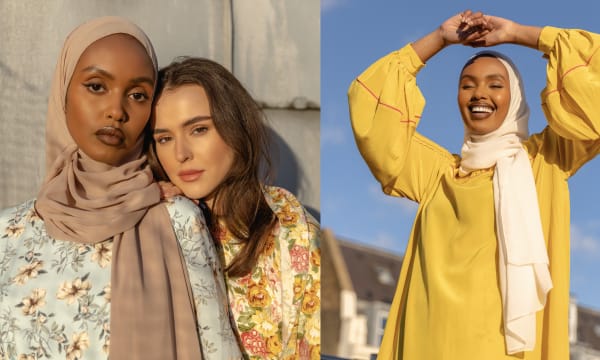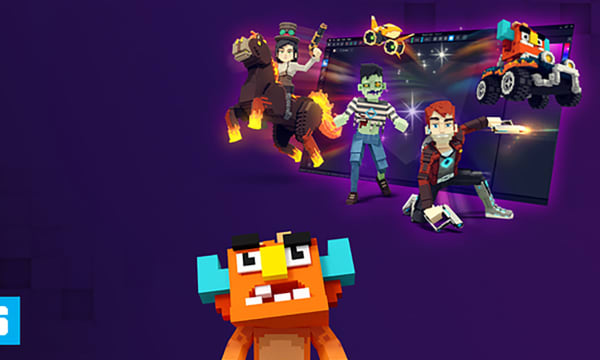According to a survey conducted by Wunderman Thompson Data for Wunderman Thompson Intelligence, 85% of respondents would like to experience metaverse spaces made for Muslims; 49% would like an opportunity to attend prayer in the metaverse, and 78% would like virtual religious accessories, such as hijabs and abayas, for their avatars. However, some consumers have concerns that the metaverse might be incompatible with an Islamic lifestyle and teachings: 59% of those surveyed, in fact. What does authentic representation for Muslim consumers look like in the metaverse?
MetaKawn is an emerging metaverse initiative designed for the Next Generation of Young Muslims community. The platform features 6348 exclusive NFTs that highlight themes of tolerance, multi ethnicity, style diversity, and gender equality. MetaKawn members can receive early and VIP access to private groups, communities and events, voting opportunities and presale access to new releases of NFTs with different skin tones, head coverings, hair styles, and other multicultural accessories and features.



